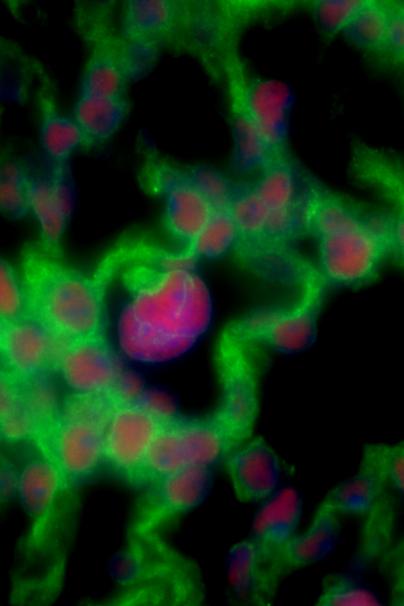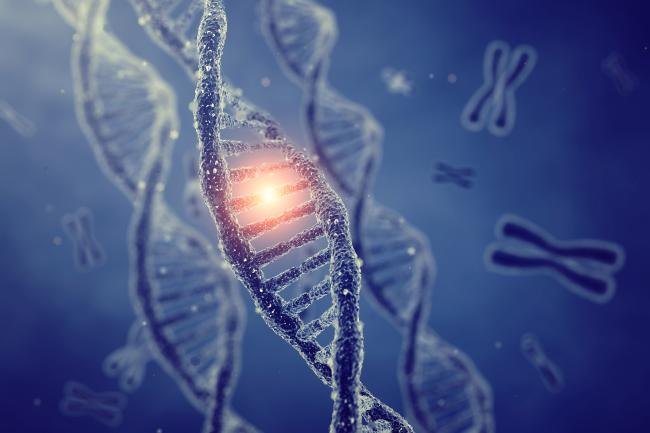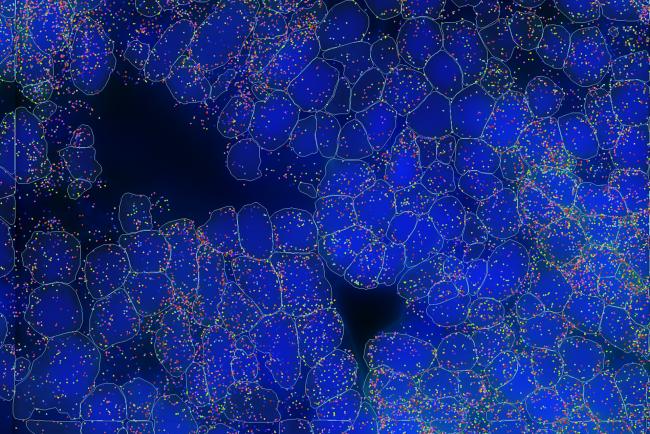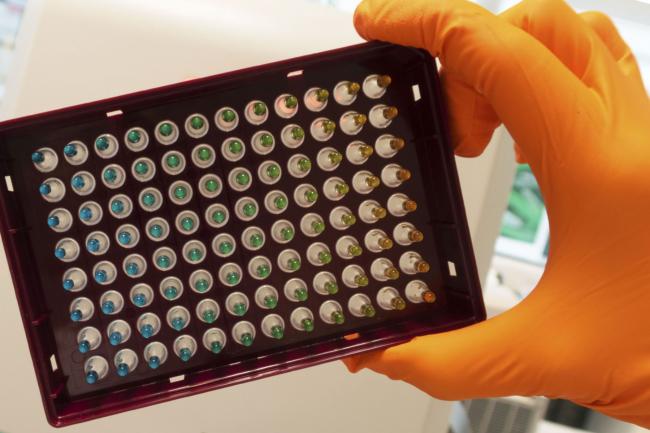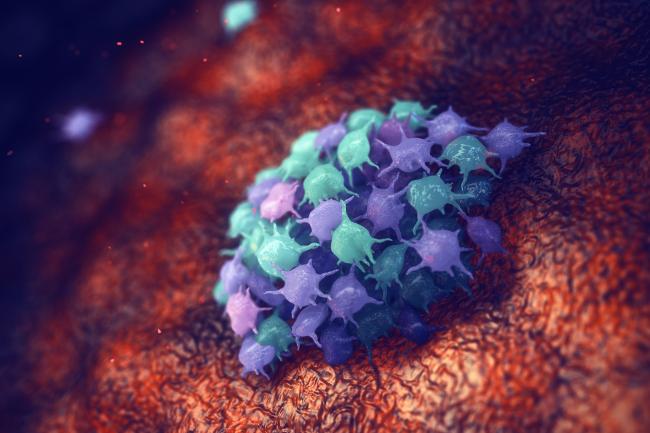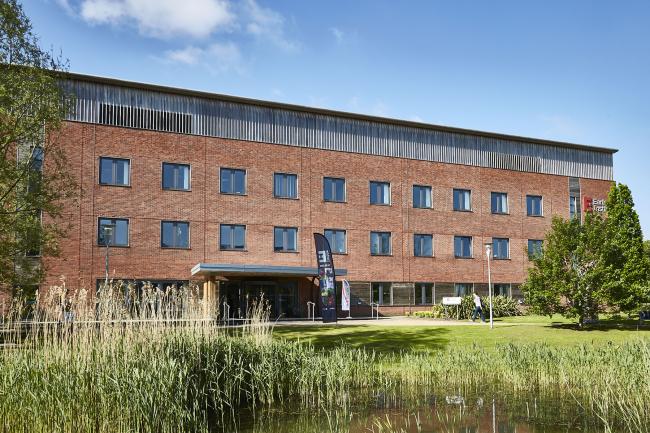Biography
Edyta is a Group Leader at the Earlham Institute. She is a molecular haematologist with a particular interest in platelet biology. Platelets are small but important blood cells: they stop bleeding at sites of injury, and counter infections by providing a physical barrier to the outside world. Their studies have been hampered by lacking methods and only recently gained more attention. Her research project aims to improve our understanding of cells normally producing platelets, with the goal to increase platelet production.
After a completion of MSc in Medical Biotechnology at the Jagiellonian University, Krakow Edyta did a PhD in Molecular Medicine at the University Medical Centre/Rijksuniversiteit Groningen as a Marie Curie Early Stage Researcher. During her PhD she worked together with Prof. Gerald de Haan and Dr. Leonid Bystrykh on the project focused on cellular and molecular characterization of miR-125 family in normal and malignant haematopoiesis.
Subsequently, she was a Barncancerfonden Postdoctoral Fellow working with Prof. Sten Eirik Jacobsen at Karolinska Institutet, performing quantitative clonal studies of unperturbed haematopoiesis using a newly developed approach enabling entirely in vivo barcoding of haematopoietic stem cells.
